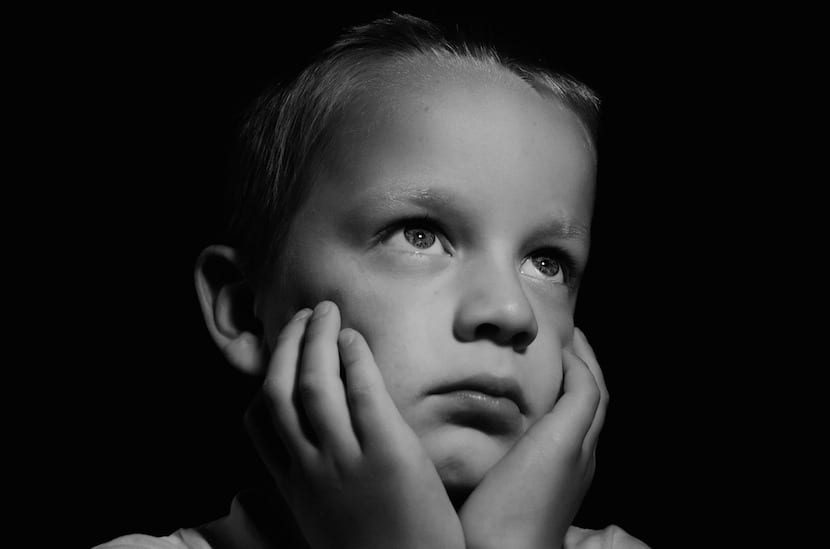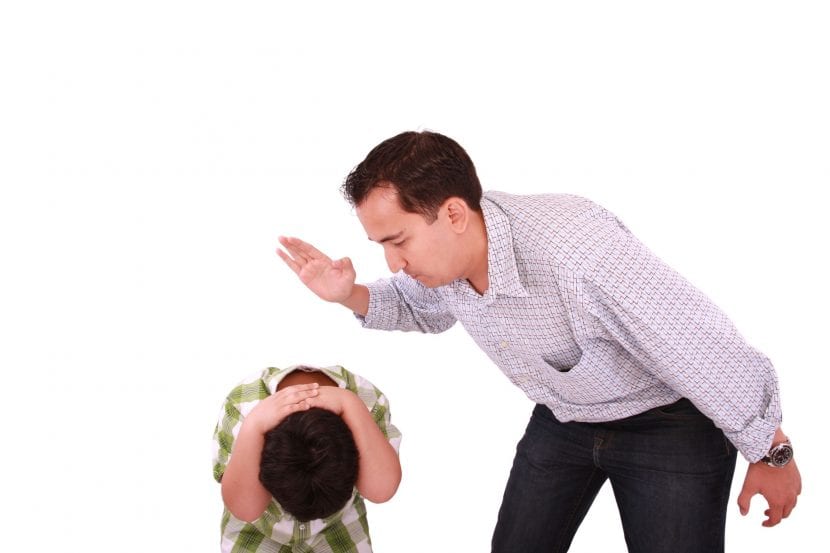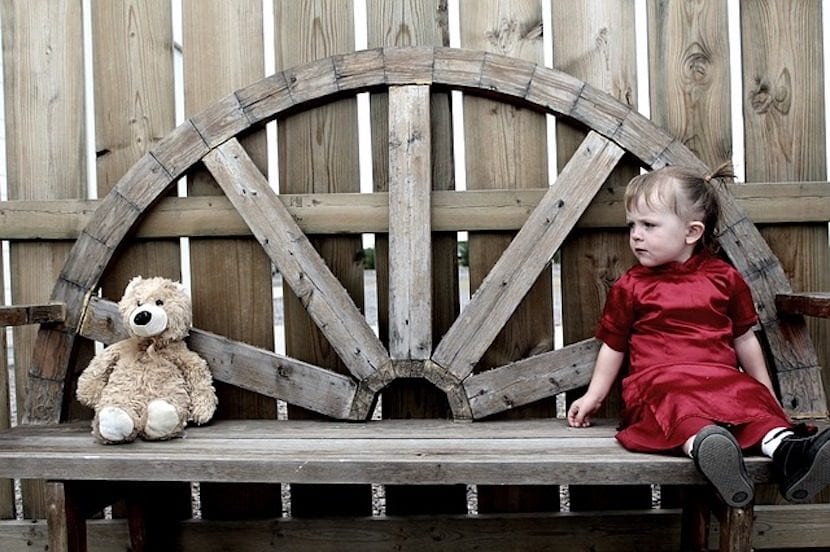
Unfortunately, many times it is seen in the news that children are victims of physical and emotional abuse all over the world. Although there are countries where there are laws that prohibit and criminalize child abuse, it continues to occur. There are even places where in one place specific circumstances can be considered abuse and in another place, it is something normalized ... Putting the integrity of children at risk.
Today there is a lot of information about the dangers of corporal punishment or excessively authoritarian parenting in children. There are four types of abuse recognized by law: physical abuse, sexual abuse, emotional abuse, and neglect.
Each country has its own ways of reporting, investigating or addressing child abuse legally, it is necessary to be informed about it to know what it is and what is considered. But when does it stop being discipline and start being child abuse? Sometimes the limit is too fine and parents too authoritarian go over it easily ...
Physical abuse
Physical abuse is generally defined as "any non-accidental physical injury." This can include burning, kicking, biting, or hitting a child. Some states include threatening a child with harm or creating a situation where harm to a child is likely as part of their definitions of physical abuse.

But each country is a world, for example there are countries where they establish that serious physical harm does not include spanking as long as there is no evidence of serious physical injury. Something that in other countries is totally prohibited and also punishable by law. In other countries parents, teachers or other law enforcement officials may use force as a means of discipline even if this includes spanking the person.
Emotional abuse
Not all countries consider mental or emotional abuse as part of the definitions of child abuse. Countries that consider emotional abuse to be maltreatment generally define it as an injury to a child's psychological capacity or emotional stability, based on an observable change in behavior, emotional response, or cognition. For example, a child who becomes depressed, anxious, or begins to exhibit aggressive behavior as a result of being emotionally mistreated by a parent may be considered abuse.
Sexual abuse
Every country includes sexual abuse as part of the definition of child abuse. Some countries list specific acts that are considered abusive, as well as the ages at which the abusive acts are carried out. Laws on rape and the age of consent vary greatly from place to place. Sexual exploitation is considered part of the definition of sexual abuse in most countries, which includes crimes of sex trafficking and child pornography.

Negligence
Neglect is defined when a child does not receive food, clothing, shelter, medical attention from their caregivers., safety and the necessary supervision to avoid damage. Some countries also include "educational neglect", which refers to the inability to provide a child with access to adequate education. Other countries exempt parents who cannot provide adequate care for their children for economic reasons, while in other countries, the inability to pay still constitutes negligence and can even take custody of the parents.
Medical malpractice can vary from place to place. There are countries that define it as a failure to provide medical or mental health treatment and others define it as a withholding of medical treatment or nutrition for babies with life-threatening conditions. There may also be some exceptions to the medical malpractice rules when they go against a family's religious beliefs.
Substance abuse
Parental substance abuse should be considered as part of child abuse. There are countries that consider child abuse if a pregnant mother takes drugs or alcohol during pregnancy. Making and selling drugs while the child is present is illegal in many countries. Being under the influence of substances that affect the ability to care for children is also considered child abuse.
Abandonment
There are countries that use the definition of abandonment but in a separate way with negligence. Abandonment usually includes situations 
where the whereabouts of a parent are unknown or when the child is left in potentially dangerous circumstances. Neglect can also include not maintaining contact or providing reasonable support to a child.
All of the above is not discipline
All these situations are outside of what is understood as discipline of a child. The mistreatment or abuse does not educate, neglect or abandonment are not normal in parents, substance abuse should be punishable by law for all parents since it nullifies their ability to care for both oneself and their children.
Emotional abuse should never be used as an educational strategy since it only achieves serious emotional problems in young children. Sexual abuse is punishable by law.
Discipline has nothing to do with everything discussed in this article. Discipline is educating children from self and mutual respect, from love, from affection and protection, from the sense of togetherness and family. Discipline is quite another matter. Children to grow up happy and emotionally healthy will need parents who provide them with security, balance and emotional strength, rules and limits ... they need happy parents who provide them with a happy home.
That parents fight to get their family ahead, whatever the cost. Advocating for a happy home, healthy emotions, a stable economy, daily routines, etc. It is sad how in this society it is still seen how many children live in lamentable conditions solely because the adults who chose to be parents did not know how to exercise it. In these cases, it is necessary for adults to receive appropriate treatments of whatever type, socioeconomic aid or whatever it takes ... so that children do not have to grow up with deficiencies of any kind due to the irresponsibility of adult society.